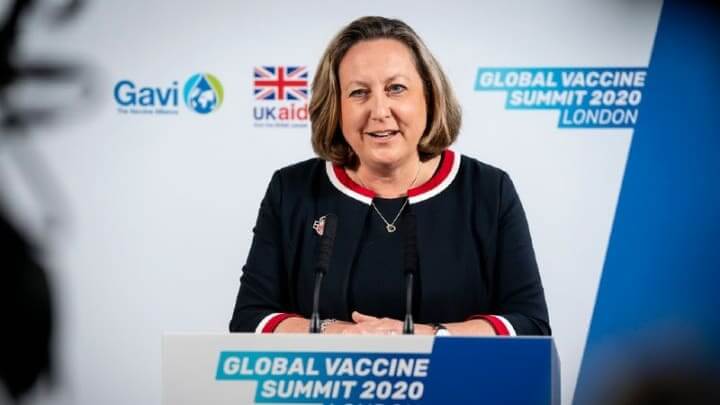
Our Projects are
Transforming African Trade
Quick Contacts
2nd Floor, Fidelity Insurance Centre Waiyaki Way, Westlands

The UK Government has announced it will help British businesses strengthen their global supply chains by supporting workers in Uganda, Kenya, Ethiopia, Tanzania, Rwanda and Ghana during the coronavirus pandemic.
The facility, made up of £4.85 million (Shs 23bn) UK aid and £2 million (Shs 9.5bn) from businesses, will focus primarily on supply chains and workers in Uganda, Myanmar, Bangladesh, Kenya, Ethiopia, Tanzania, Rwanda and Ghana.
These countries provide huge proportions of the world’s food, flowers and clothes. Ghana alone produces a quarter of the world’s cocoa and Bangladesh is the world’s second largest garment exporter.
The programme will help UK high street businesses, including Marks & Spencer, Sainsbury’s, Tesco, Morrisons, Co-op and Waitrose, to strengthen their global supply chains by supporting workers in developing countries during the coronavirus pandemic.
The UK imports 20% of its food and drink from developing countries.
The coronavirus pandemic has put many of these supply chains at risk as factories and farms worldwide have been forced to close temporarily. The new Vulnerable Supply Chains Facility will help to ensure the steady supply of products like vegetables, coffee and clothes to the UK high street.
The programme will strengthen community health care systems and deliver targeted health messaging in factories to help employees keep themselves and their families safe.
International Development Secretary Anne-Marie Trevelyan said: “We want to ensure people in Britain can continue to buy affordable, high quality goods from around the world”.
“This new fund will strengthen vital supply chains for UK consumers, while supporting some of the most vulnerable workers in developing countries. It will make a real difference to people in the UK and abroad,” she added.
The new facility will fund programmes to improve coronavirus preparedness in workplaces, help famers diversify the crops they produce to meet demand, and provide support so farms and factories can put processes in place to keep production going and make sure help is getting to the most vulnerable workers.
As part of the scheme, the Ethical Trading Initiative will improve workplace health and safety for vegetable, coffee and flower suppliers to UK brands such as Sainsbury’s, Co-op, Waitrose and Tesco. It is estimated that 10,000 workers in African countries, mainly women, will benefit from safer working environments.
Overall, more than 200,000 workers in agriculture and nearly 120,000 garment workers are expected to benefit from the facility. The improvements to these people’s working lives will indirectly benefit a further 650,000 people, including workers’ families and children, taking the total number of people in developing countries helped by the scheme to nearly 1 million (970,000).
“ETI welcomes the active role DFID is playing in supporting vulnerable workers in global supply chains. The East African agricultural workers who supply so much of our food and flowers have been hit hard by COVID-19, and DFID’s support for this intervention will help protect thousands of jobs, and protect workers from infection as the regional economy begins to recover,” said Peter McAllister, Executive Director at Ethical Trading Initiative.
Judith Batchelar, Director of Sainsbury’s Brand, said: “We are proud to improve occupational safety and health standards for many of our suppliers in East Africa. As a responsible retailer, this work further demonstrates our commitment to trading ethically and making a positive difference to the communities we source from.”
Read the original article
Disclaimer: The opinions expressed herein are the author’s and not necessarily those of TradeMark Africa.
Disclaimer: The views and opinions expressed in this article are those of the authors and do not necessarily reflect the official policy or position of TradeMark Africa.